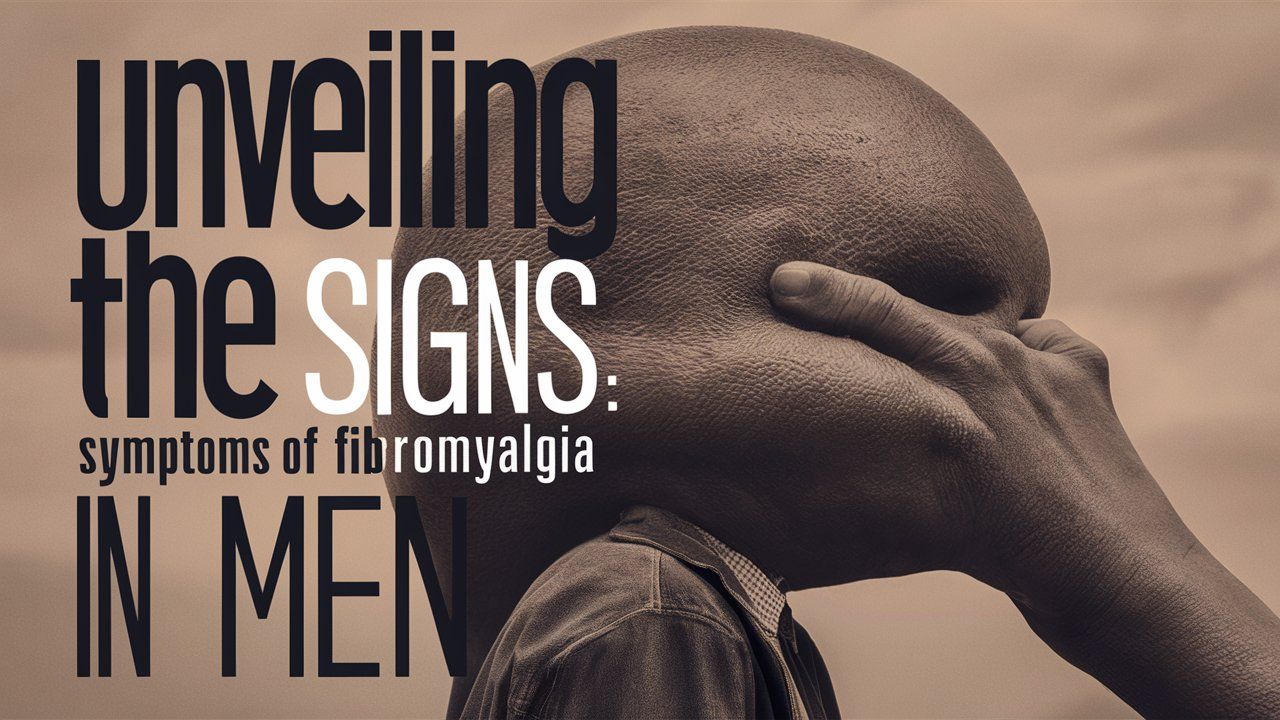Strap in, folks—we’re diving into the turbulent waters of maintaining relationships when fibromyalgia is your co-pilot. This chronic pain disorder can unleash a tsunami of complications, testing even the strongest bonds. But fear not! With some savvy navigation, you can chart a course through the choppy seas.
 First up, communication is key—and I don’t mean the run-of-the-mill chit-chat. Nope, we’re talking full transparency here. Your loved ones aren’t mind-readers (sadly), so spelling out your limitations and needs is crucial. Sure, it might feel awkward at first, like sailing into uncharted territory. But trust me, opening those lines of communication will be as refreshing as a cool ocean breeze. Use “I” statements to explain how you’re feeling, and be specific about what you need—whether it’s help with chores, emotional support, or simply understanding when you need to cancel plans.
First up, communication is key—and I don’t mean the run-of-the-mill chit-chat. Nope, we’re talking full transparency here. Your loved ones aren’t mind-readers (sadly), so spelling out your limitations and needs is crucial. Sure, it might feel awkward at first, like sailing into uncharted territory. But trust me, opening those lines of communication will be as refreshing as a cool ocean breeze. Use “I” statements to explain how you’re feeling, and be specific about what you need—whether it’s help with chores, emotional support, or simply understanding when you need to cancel plans.
Next, boundaries—the buoys that keep your ship from crashing into the rocks. Chronic illness can be a jealous mistress, demanding more from you than you can give. So learn to say “no” without guilt or apology. Prioritize your self-care, even if it means missing Aunt Edna’s quilting circle (she’ll understand, maybe). Establish boundaries around topics you don’t want to discuss, activities you can’t participate in, and situations that worsen your symptoms. It’s not being difficult; it’s being a boss at managing your health.
 Speaking of self-care, don’t neglect that vital crew member: your support system. Whether it’s joining a fibromyalgia support group (shout-out to my online warriors!) or leaning on a few trusted confidants, having a sturdy life raft can make all the difference when the waters get rough. They’ll be your cheerleaders when the pain is unrelenting, your reality-checkers when you’re being too hard on yourself, and your reminders that you don’t have to go it alone.
Speaking of self-care, don’t neglect that vital crew member: your support system. Whether it’s joining a fibromyalgia support group (shout-out to my online warriors!) or leaning on a few trusted confidants, having a sturdy life raft can make all the difference when the waters get rough. They’ll be your cheerleaders when the pain is unrelenting, your reality-checkers when you’re being too hard on yourself, and your reminders that you don’t have to go it alone.
 And let’s not forget the power of adaptability! Relationships evolve, and when you’re navigating the ever-shifting tides of chronic illness, flexibility is non-negotiable. Be open to adjusting plans when a flare-up strikes, renegotiating responsibilities as your energy levels ebb and flow, and finding new ways to connect and have fun that accommodate your limitations. Maybe those hiking dates turn into living room dance parties. Who cares? The key is rolling with the punches and getting creative about maintaining intimacy.
And let’s not forget the power of adaptability! Relationships evolve, and when you’re navigating the ever-shifting tides of chronic illness, flexibility is non-negotiable. Be open to adjusting plans when a flare-up strikes, renegotiating responsibilities as your energy levels ebb and flow, and finding new ways to connect and have fun that accommodate your limitations. Maybe those hiking dates turn into living room dance parties. Who cares? The key is rolling with the punches and getting creative about maintaining intimacy.
Don’t get me wrong, there will be rough patches—arguments sparked by frustration, fears about an uncertain future, maybe even loved ones who just don’t “get it” no matter how much you explain. In those moments, extend yourself some grace. You’re doing the best you can with a pretty crappy hand. Feel the feelings, then re-focus on the supportive souls who show up for you. At the end of the day, they’re the crew members worth keeping in your fibro lifeboat.
Look, I won’t sugarcoat it—this voyage isn’t for the faint of heart. Fibromyalgia can sometimes make you feel like you’re drifting alone at sea. But with a steadfast commitment to self-advocacy, clear communication, and a willingness to adjust your sails, you can weather any storm. After all, what’s a few choppy waves when you’ve got an indomitable spirit and a crew that’s got your back? Anchors aweigh, my fibro warriors!



